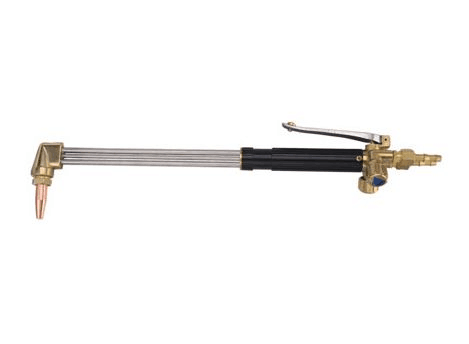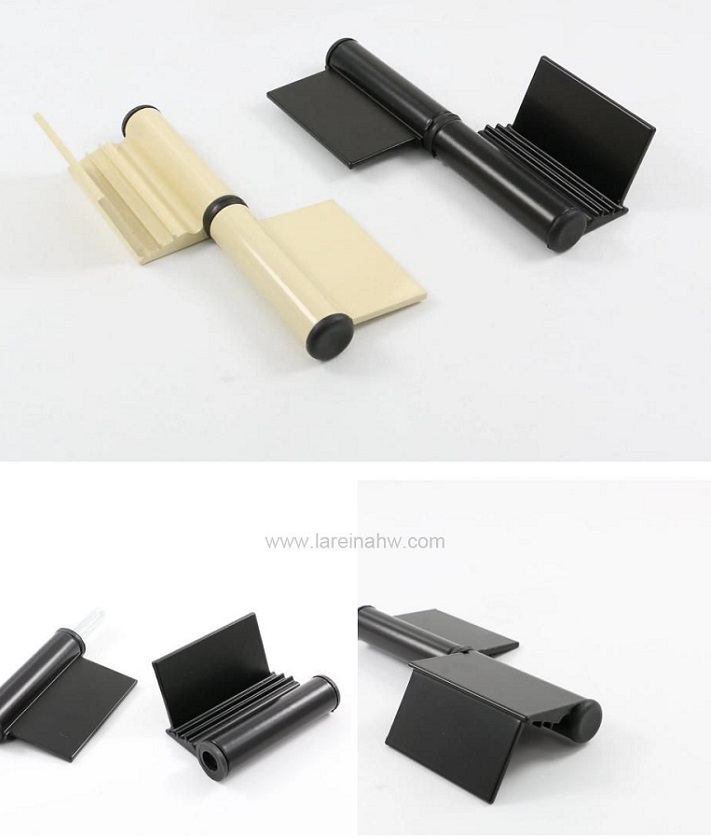Formwork Tie vs. Traditional Fasteners: Which Is Superior?
Formwork Tie vs. Traditional Fasteners: Which Is Superior?
In the world of construction, choosing the right fastening system for formwork is crucial for ensuring structural integrity and efficiency. Two popular options are formwork ties and traditional fasteners. This article compares both systems to help you make an informed decision.
1. Understanding the Basics
To appreciate the differences, it's essential to understand what each option entails:
- Formwork Ties: These are specialized devices that connect two or more formwork panels together, providing stability and maintaining the shape of the structure during the pouring of concrete. They usually remain in the concrete once it's set.
- Traditional Fasteners: These include screws, bolts, and nails used to hold the formwork in place temporarily. They are typically removed after the concrete has cured.
2. Key Differences
Here are some fundamental differences between formwork ties and traditional fasteners:
- Durability: Formwork ties are designed to withstand significant pressure and remain within the concrete, providing long-term strength. Traditional fasteners are not built for prolonged exposure and can weaken over time.
- Ease of Use: Formwork ties often simplify the assembly process, as they can be quickly installed and adjusted. Traditional fasteners may require more tools and time, especially when securing multiple panels.
- Labor Costs: Although formwork ties can be more expensive initially, their efficiency can reduce labor costs in the long run since they streamline the construction process. Traditional fasteners may appear cheaper but can lead to higher labor expenses due to the time required for assembly and disassembly.
- Waste and Cleanup: Formwork ties create less waste because they become part of the structure. Traditional fasteners, on the other hand, often need to be removed and disposed of post-construction, adding to disposal costs.
3. Applications
Different projects may benefit more from one system than the other:
Further reading:How to Choose Convex Diamond Polishing Pads?
What Is the Difference Between Forged And Wrought Fittings?
Maximizing Efficiency and Precision: The High Pressure Control Valve
What is the strength of a T post?
What are Security Post Orders? - Shergroup
Level Order (Breadth First Search) Traversal of Binary Tree
Why is it important to decorate your home?
- Formwork Ties: Ideal for large-scale projects like skyscrapers, bridges, and complex concrete structures where strength and efficiency are paramount.
- Traditional Fasteners: More suited for smaller or temporary structures where time is limited, and immediate removal of formwork is required.
4. Cost Considerations
When evaluating costs, consider these points:
- Initial Investment: Formwork ties typically require a higher upfront investment but can save money in the long term.
- Overall Project Budget: Factor in labor, disposal, and long-term maintenance costs to get a clearer picture of which option is more financially viable for your specific project.
5. Conclusion
In conclusion, while both formwork ties and traditional fasteners serve the purpose of securing concrete formwork, formwork ties often prove to be the superior choice for larger projects due to their durability, ease of use, and long-term benefits. However, for smaller jobs, traditional fasteners may still hold value. Ultimately, your project requirements will dictate the best fastening method.
Are you interested in learning more about prop support, plastic spacers for concrete? Contact us today to secure an expert consultation!
Further reading:Understanding How a Pneumatic Pump Works
Toolpost grinder questions
Vastu Shastra Tips For A Positive Home Entrance
How to find a good paint tools manufacturer in China (The Definitive Guide)
shadow box frames & display cases
Making Prototypes in China
How Much Is A CNC Machine?
- Previous: How Does Artificial Intelligence Transform Education?
- Next: None
- 0










